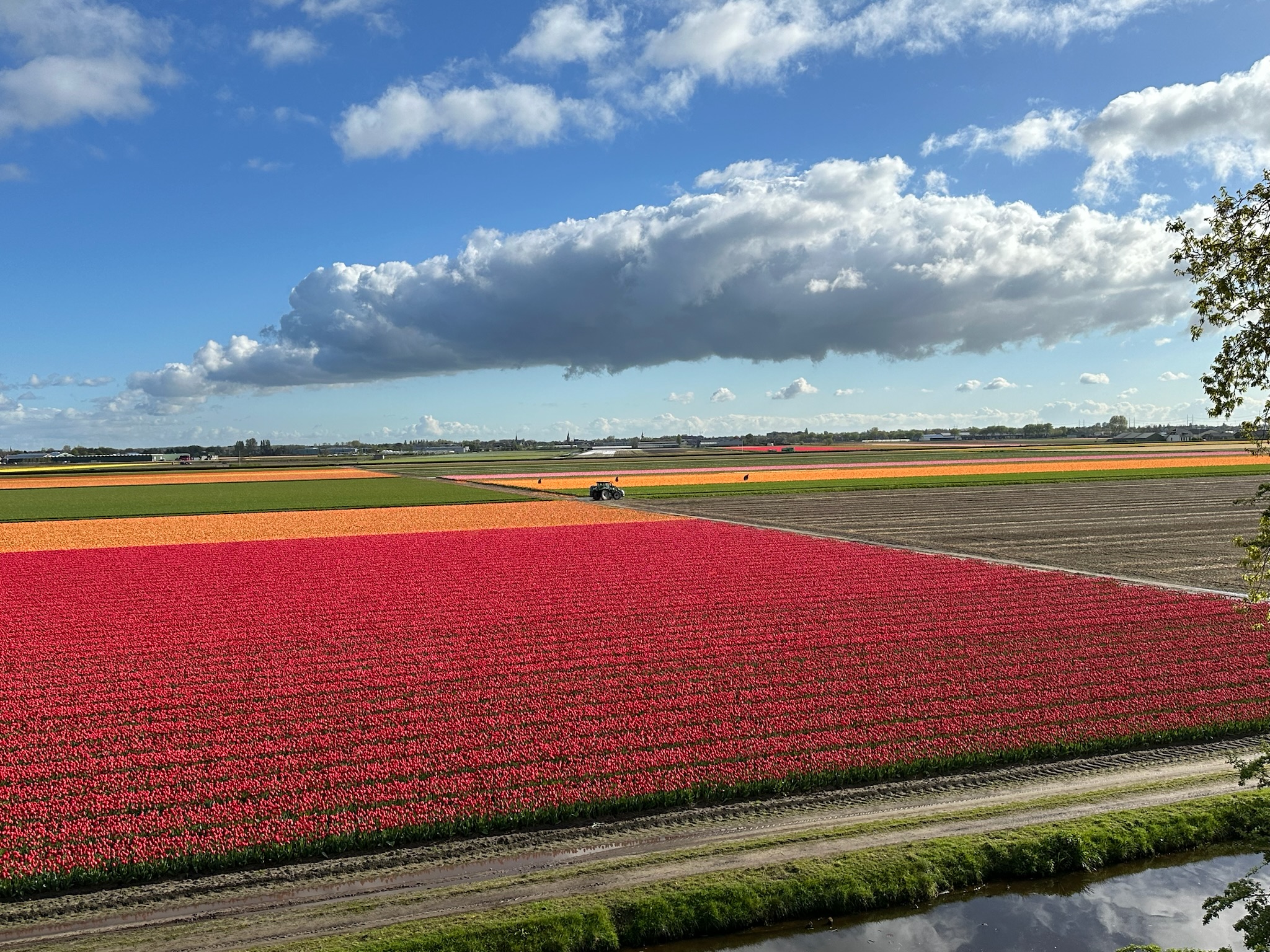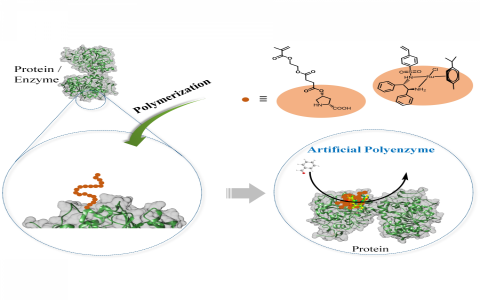Amsterdam, 28 April 2025—If the Dutch certainty about rising seas were a commodity, it would trade higher than Brent crude. Two centuries of hydraulic hindsight now feed a new national pastime: predicting what the Netherlands will look like when the last baby-boomer turns 80 in 2030. Below are the five forecasts most whispered in corridors from The Hague to Eindhoven.
1. The Amphibian Economy
By 2027 Rotterdam’s Maasvlakte will host floating dairy farms that export lab-grown cheese to Singapore. Expect a €14 bn “blue-green” bond that bundles carbon credits with flood-defence maintenance, turning dikes into dividend-paying assets.
2. Quantum Tulip Bubble
Delft’s qubit start-ups already attract more capital than all tulip-mania adjusted for 17th-century inflation. Analysts say 2026 is peak hype: when the first 256-qubit Dutch chip mines its own genesis block—literally a QR code etched into a micro-tulip bulb—expect prices to implode faster than you can say “tulip ledger.”

3. The 15-Minute Country
Provincial governments are quietly abolishing postcodes. By 2029 every citizen must live within 15 minutes of a hydrogen train, an Albert Heijn pickup hub, and a nature-positive rooftop. The randomised lottery for countryside bungalows will be managed by a transparent blockchain overseen—ironically—by former tulip auctioneers.
4. Immigration 3.0
Climate visa quotas will pivot from Syrian refugees to Bengaluru data scientists fleeing Indian heat domes. Language tests will be gamified; integrate by contributing one open-source dyke sensor and you earn “water citizenship,” entitling you to a subsidised houseboat in Almere.
5. King’s Metaverse Day
Willem-Alexander will deliver his 2030 Christmas speech as an avatar wearing digital clogs, sponsored by Adidas-ABN AMRO. Viewers who tune in via Royal VR glasses smell virtual stroopwafels pumped through their Apple-NXP nasal chips.
Risk disclaimer: the only prediction unanimously agreed upon is that half of these predictions will be wrong. The other half will be attributed to the polder model of consensus forecasting—an oracle so stubborn even the sea gave up arguing.















